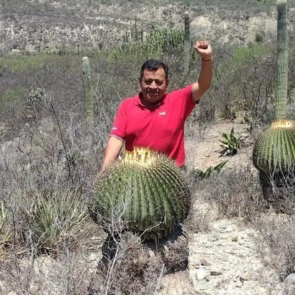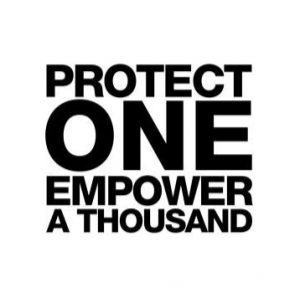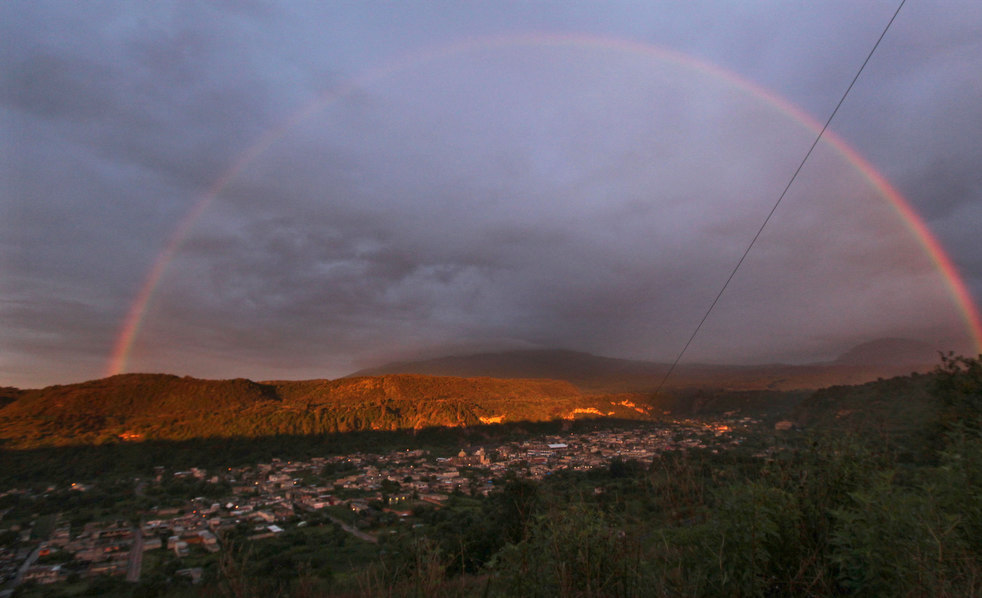Human rights defenders (HRDs) and journalists in Mexico are subject to intimidation, legal harassment, arbitrary detention, death threats, acts of physical aggression, enforced disappearances and killings as a result of their activities in defence of human rights and the exercise of freedom of expression and journalism.
Disappearances are endemic in Mexico, often happening with collusion from the state. HRDs working on the issue face serious risk, up to and including death. HRDs working in the defence of territory, particularly indigenous territory, face a similar level of risk. They are criminalised, imprisoned, defamed, and often killed. Journalists working on any of these issues, or issues related to the drugs trade and the government's complicity in this, also run the risk of losing their lives.
Several international organisations and bodies have previously expressed concern for the lack of protection for human rights defenders and those who exercise freedom of expression in Mexico, such as the recommendations issued on the occasion of the 2009 Universal Periodic Review of Mexico, and the recommendations of the UN Special Rapporteur on the situation of Human Rights Defenders, the High Commissioner for Human Rights, the UN and OAS Special Rapporteurs on Freedom of Expression, who noted that in the past decade Mexico has become one of the world's most dangerous countries for journalists to exercise their profession. Despite the establishment of a mechanism for the protection of HRDs and journalists, the decision process and subsequent implementation of these measures has not yet responded adequately to the needs of HRDs.



